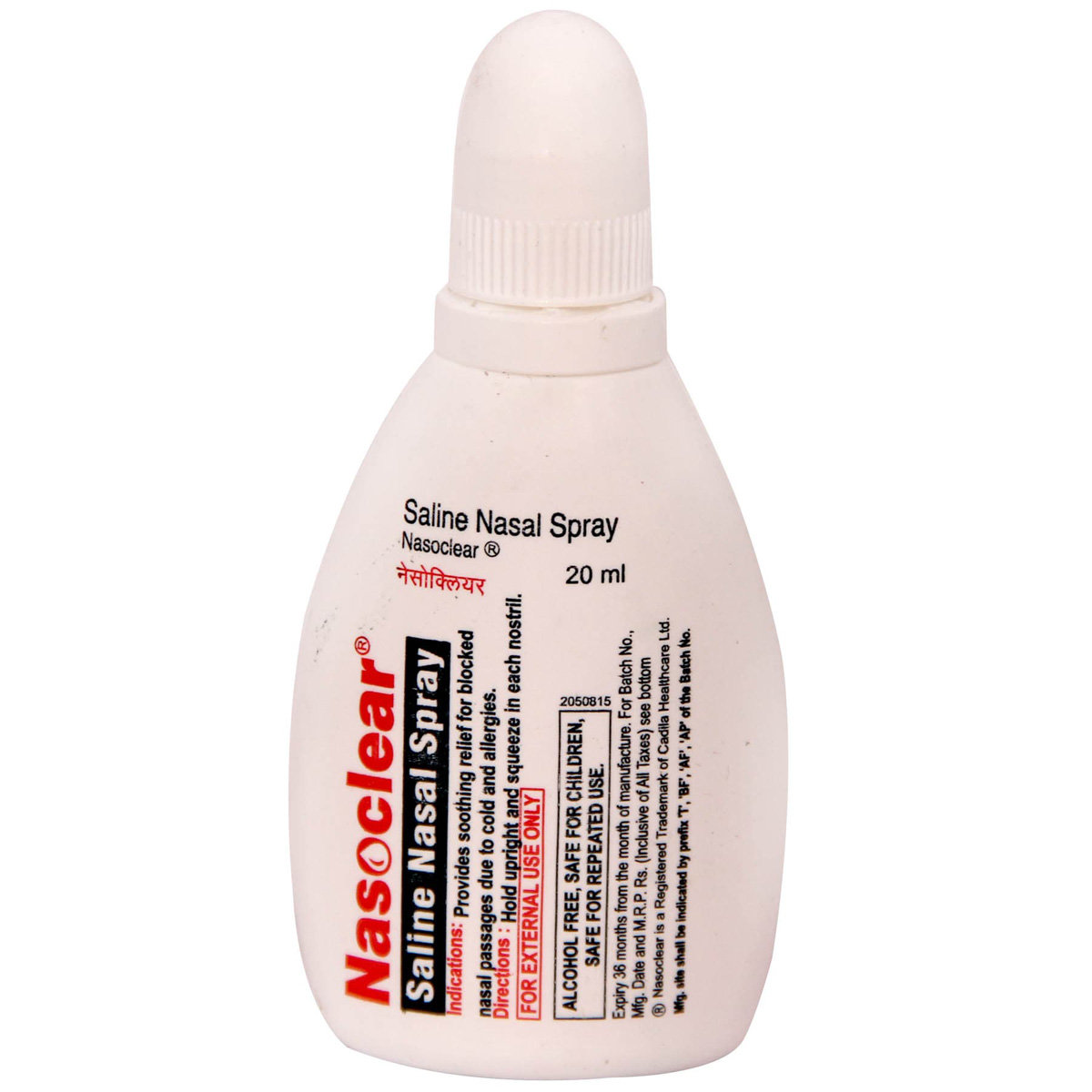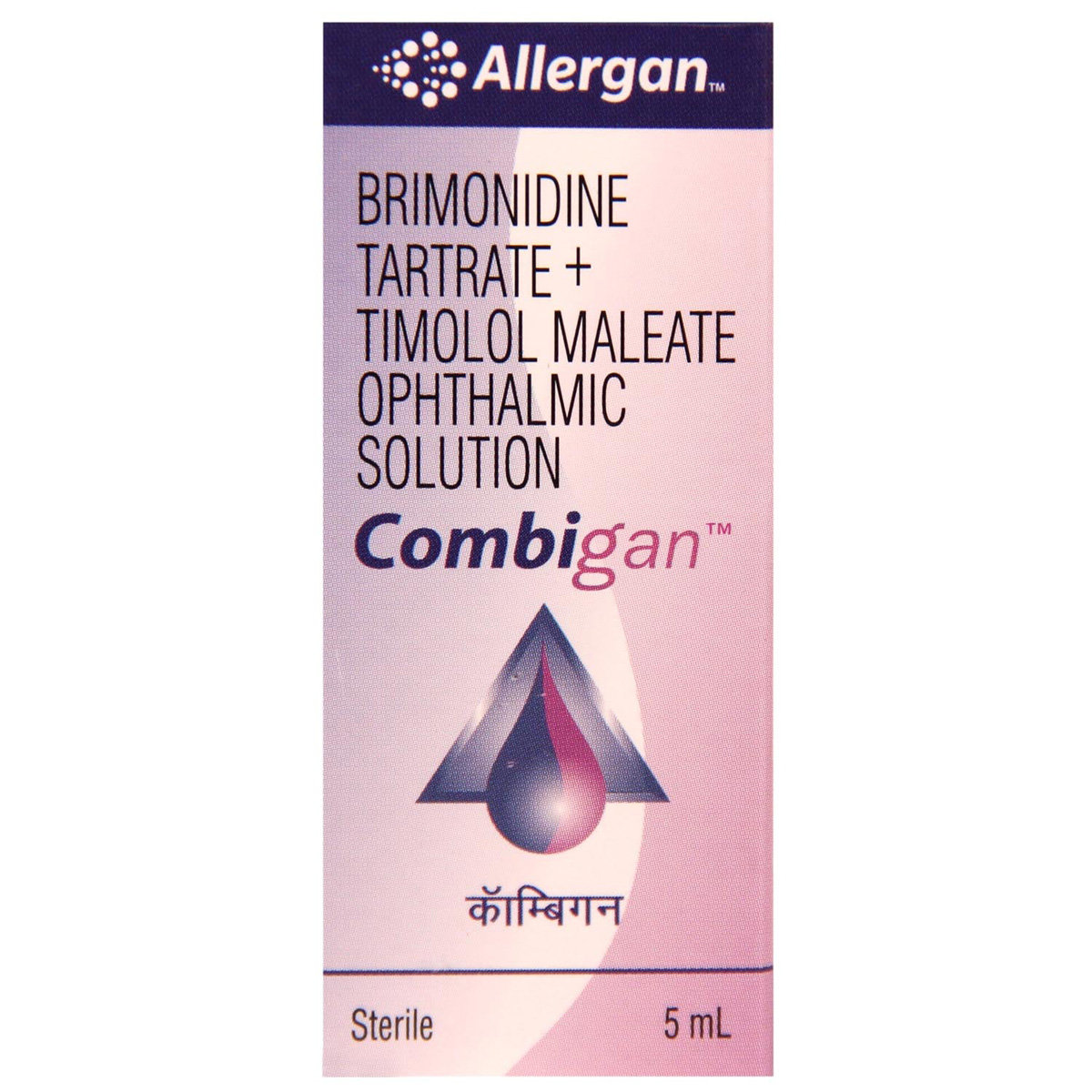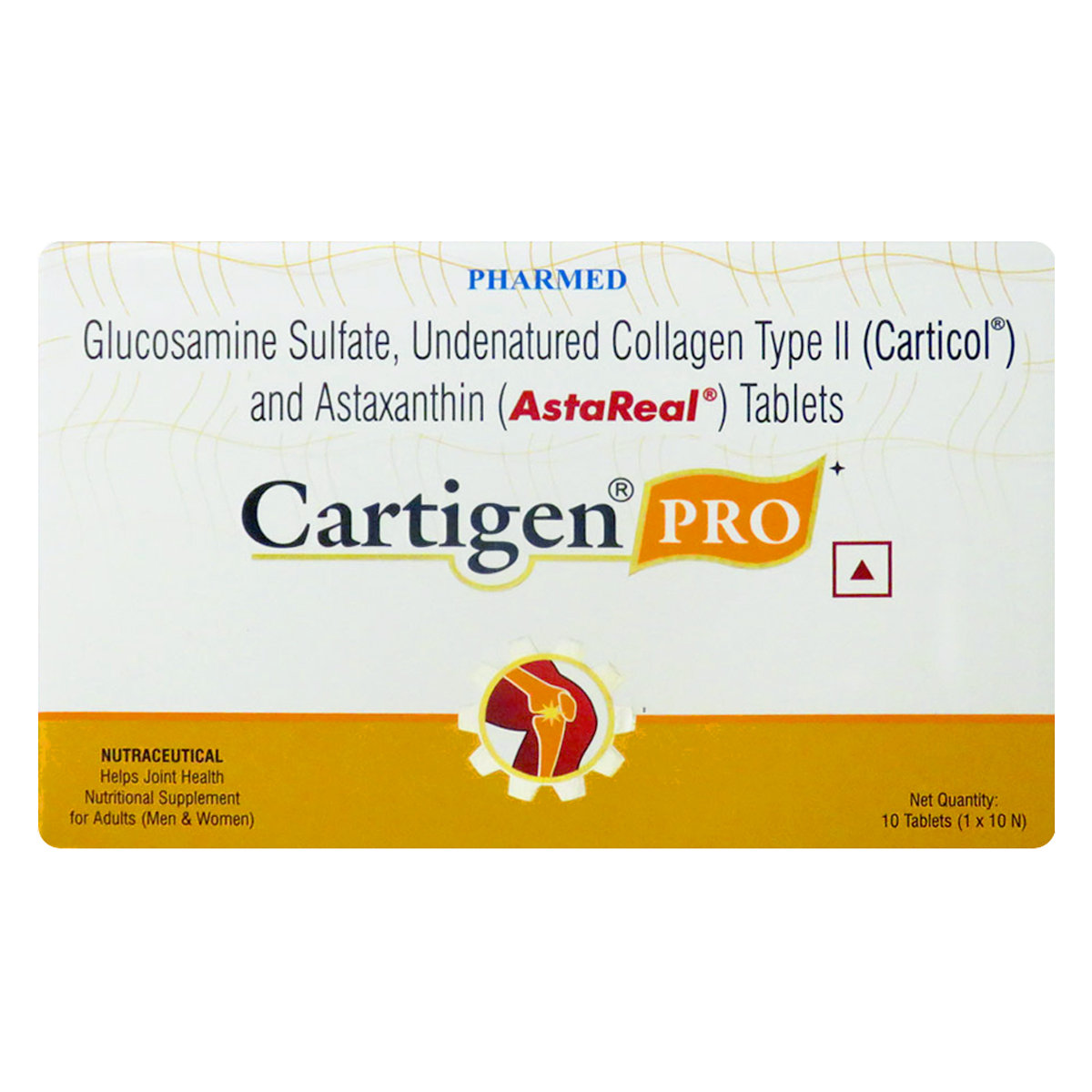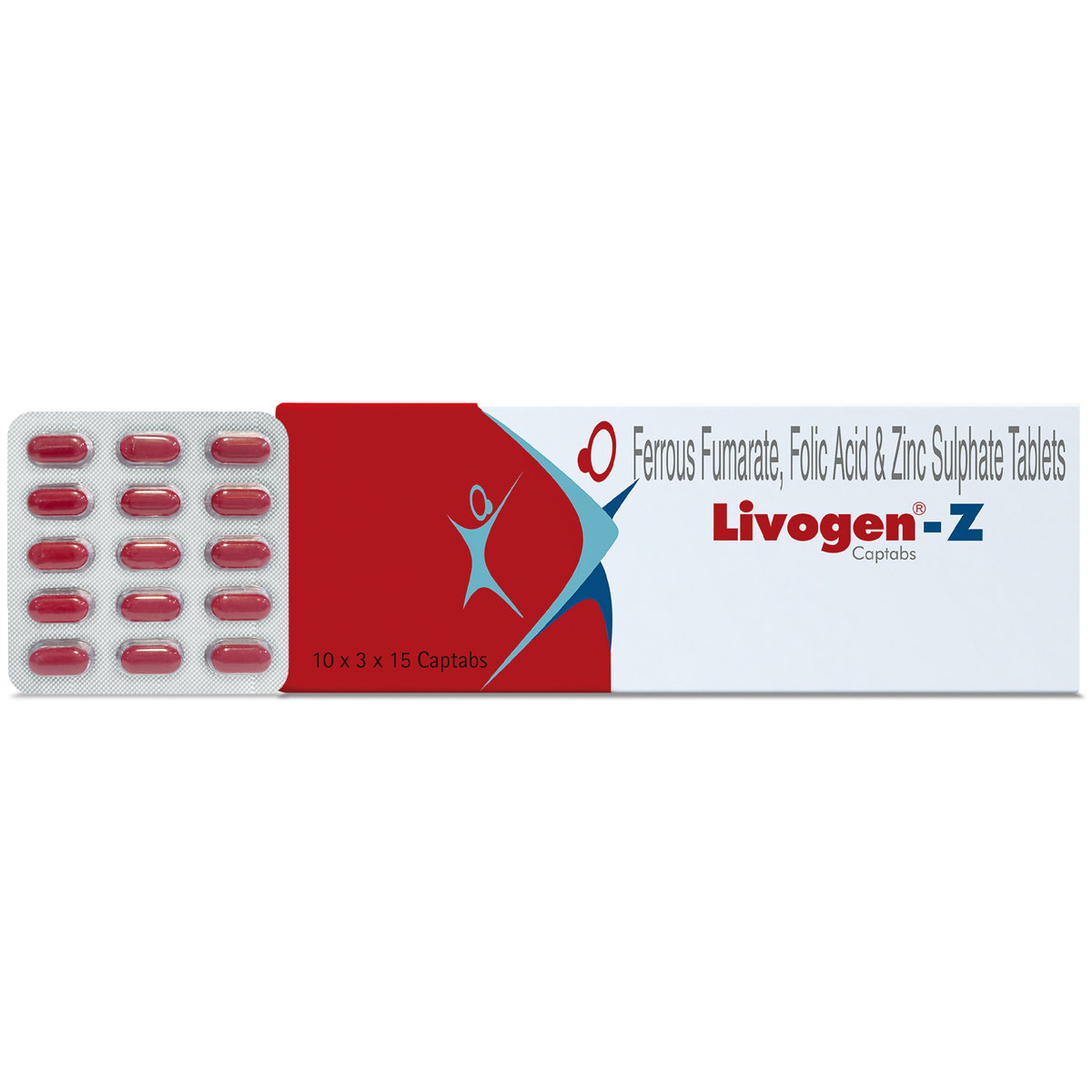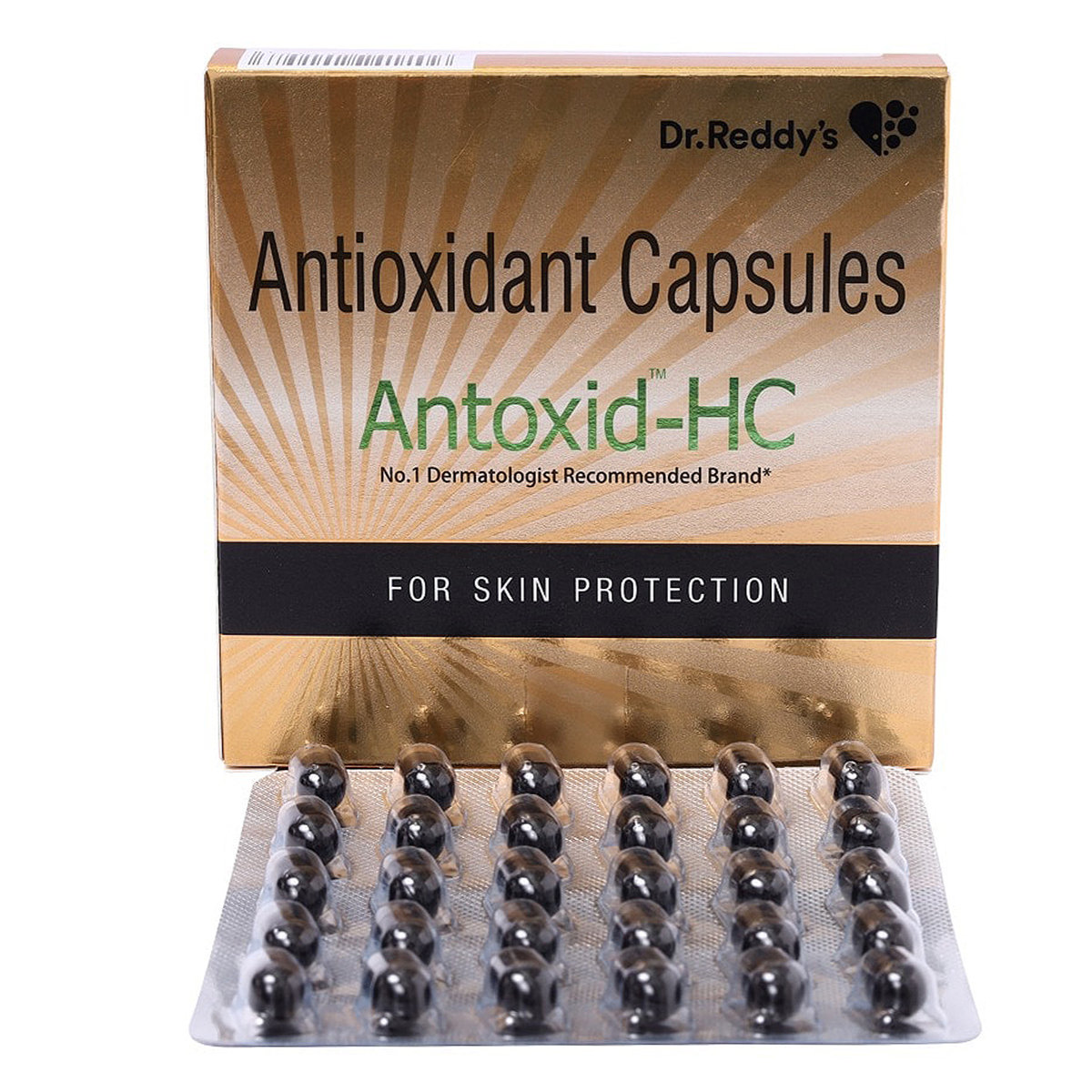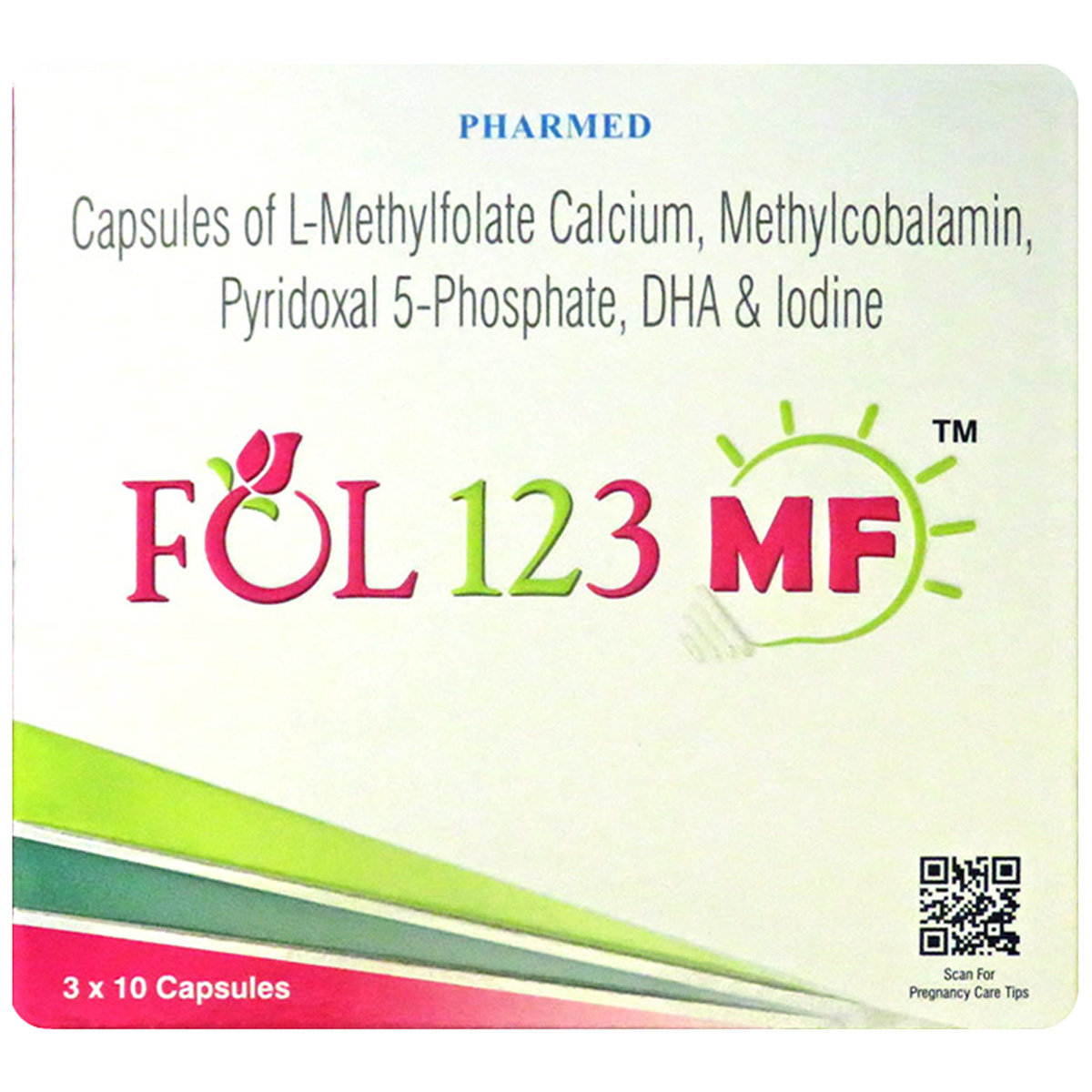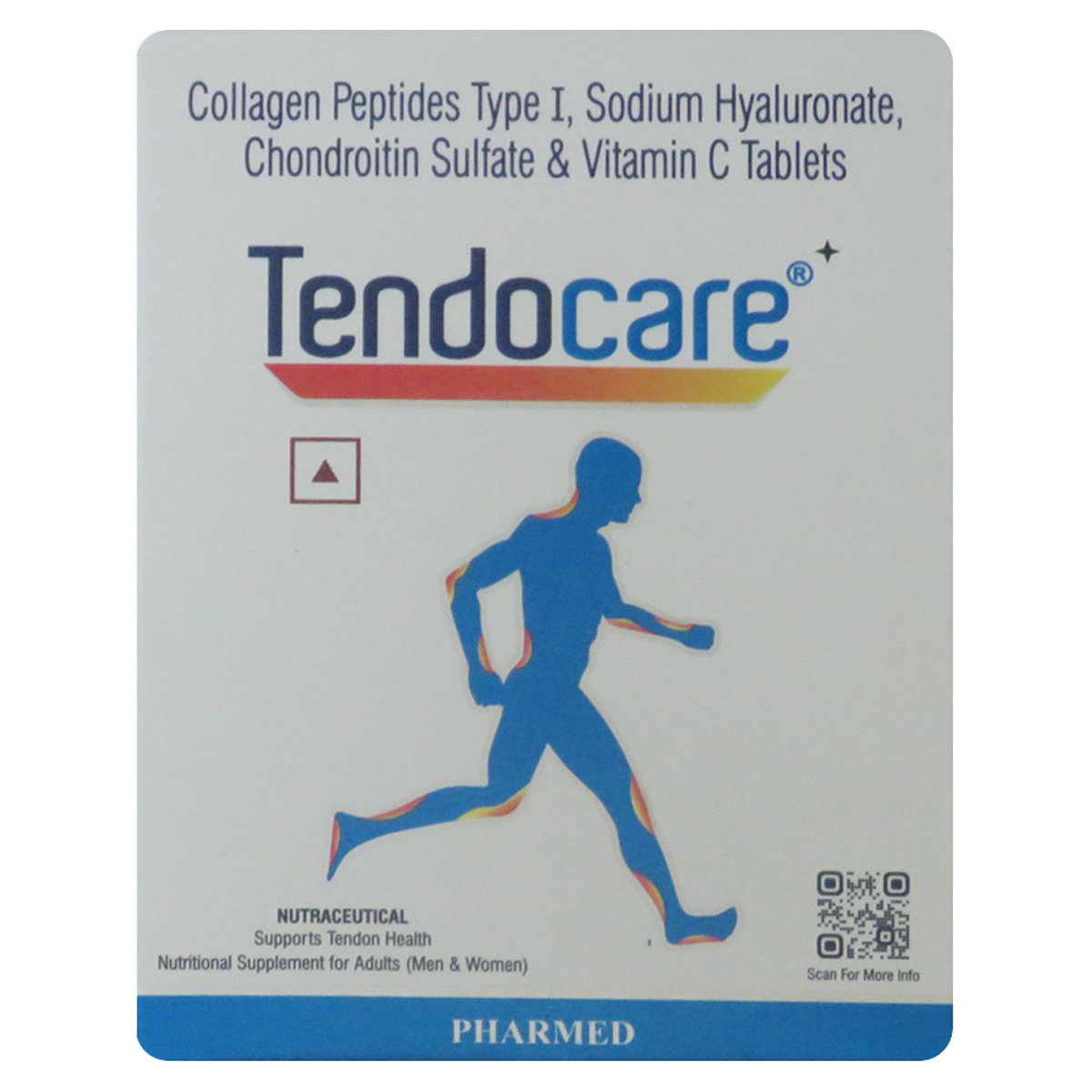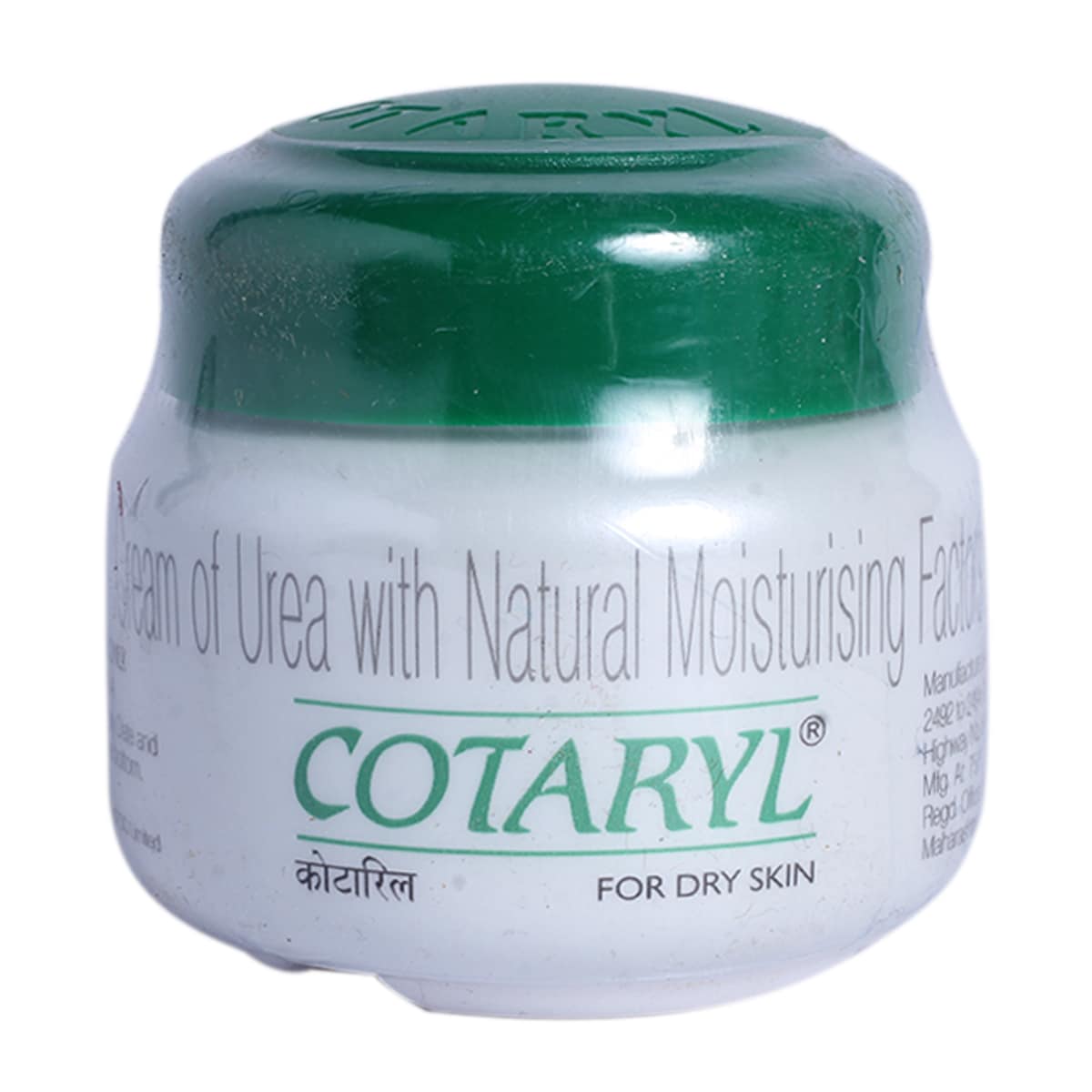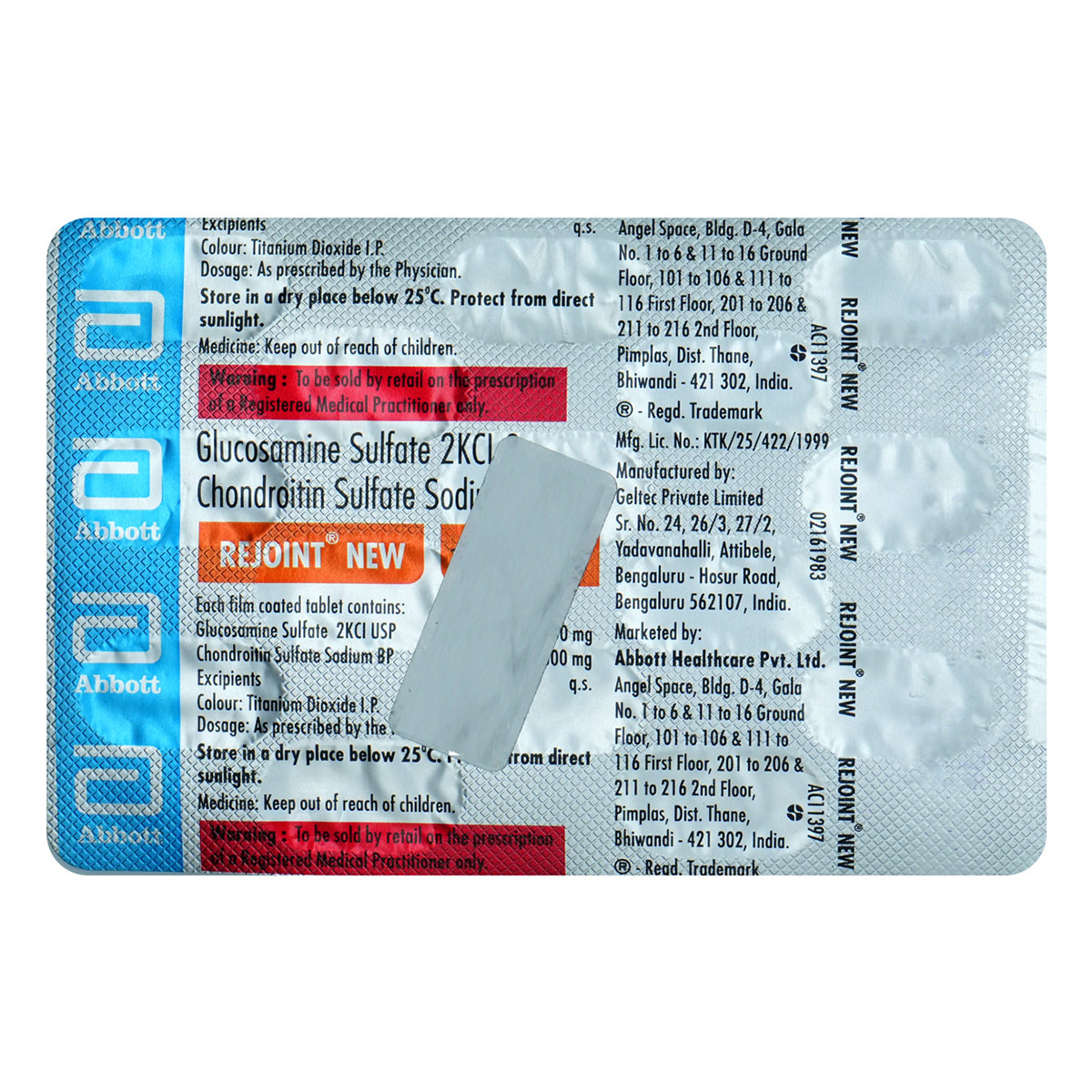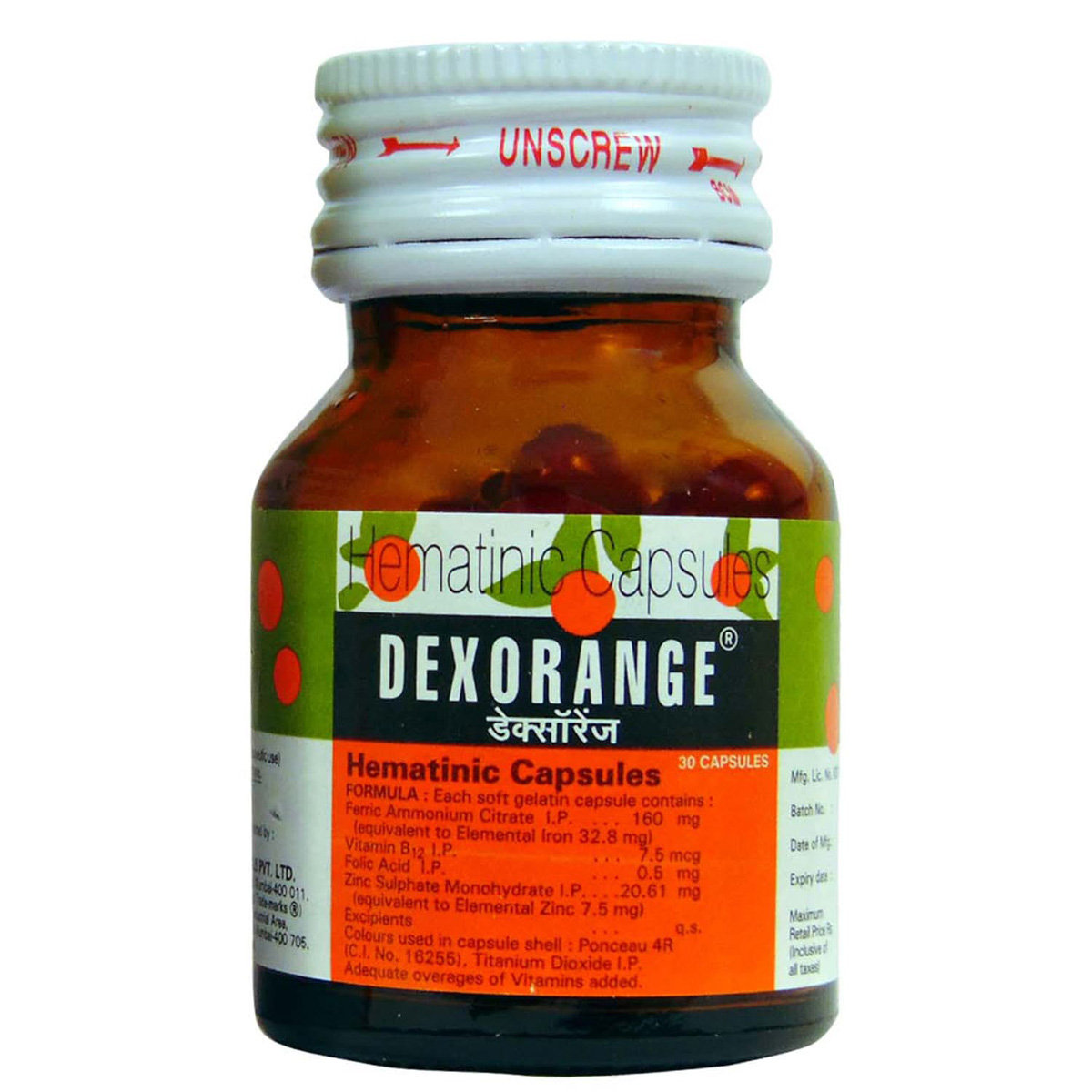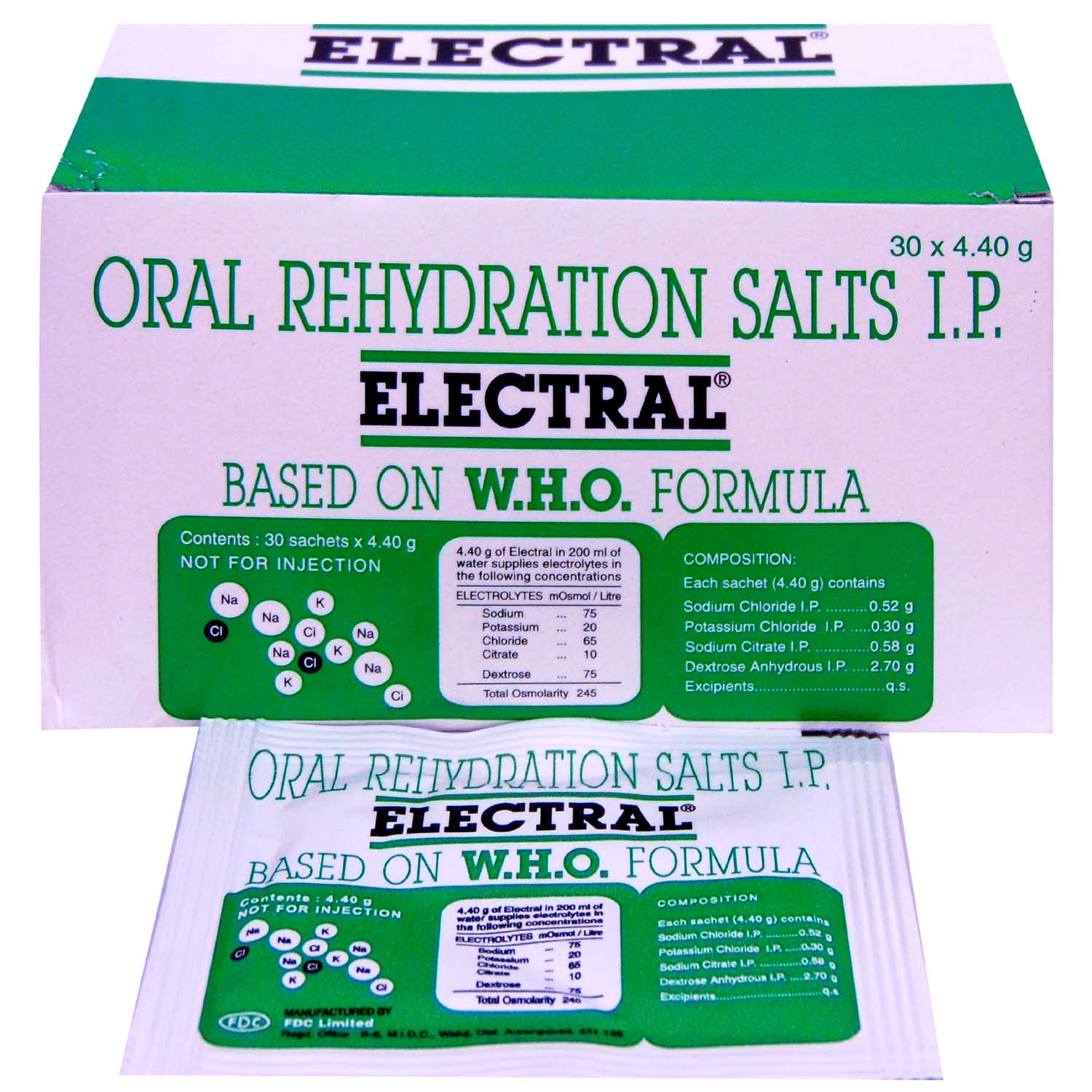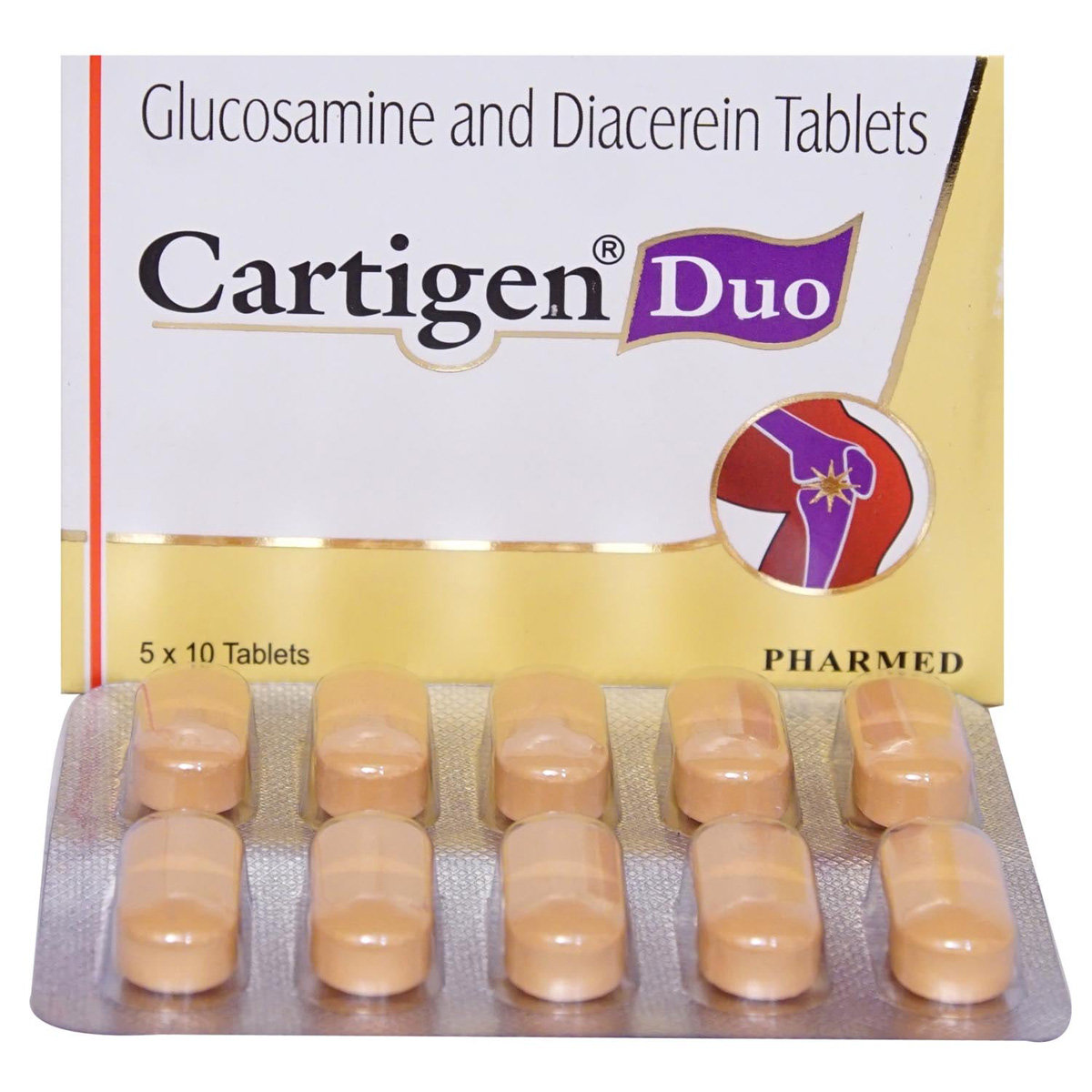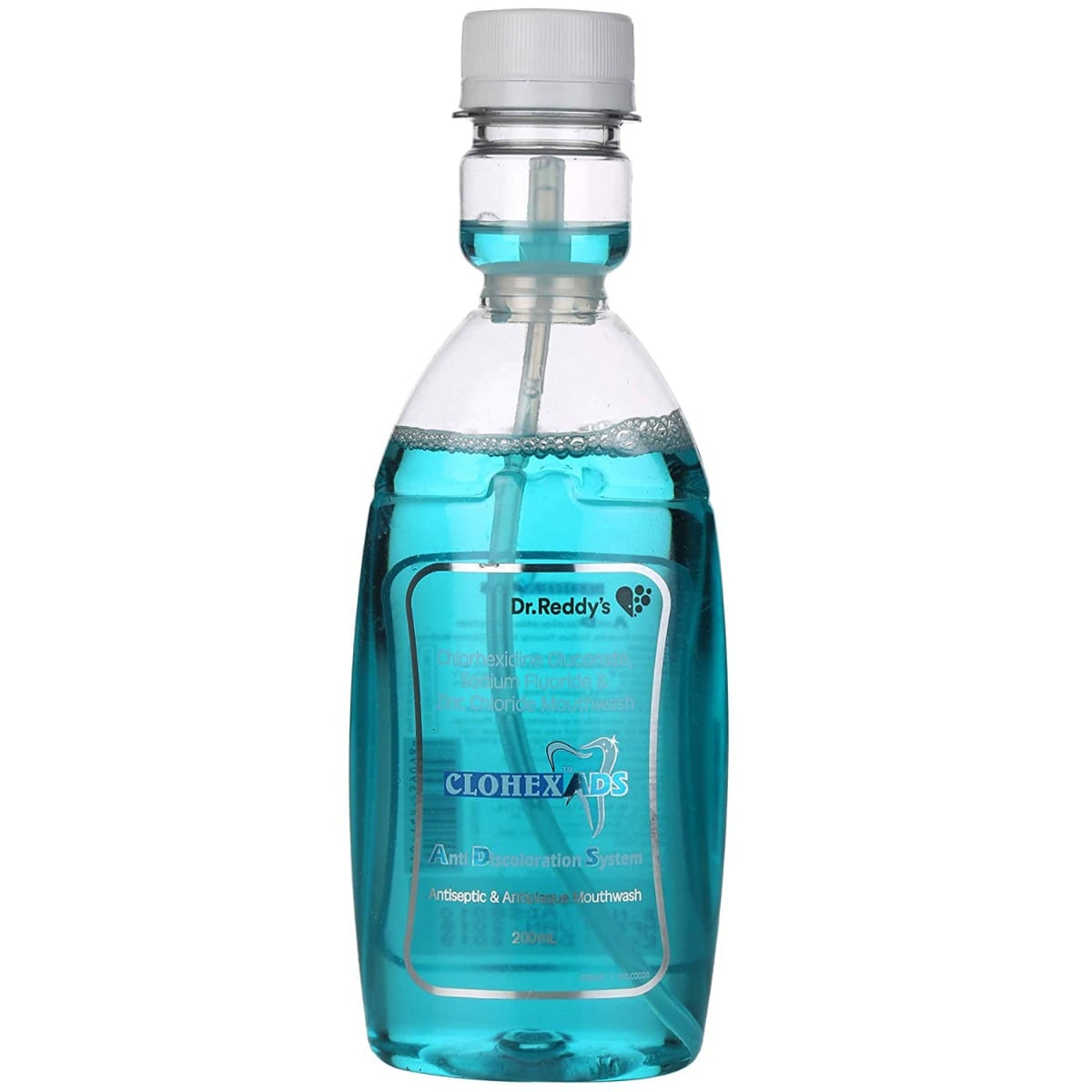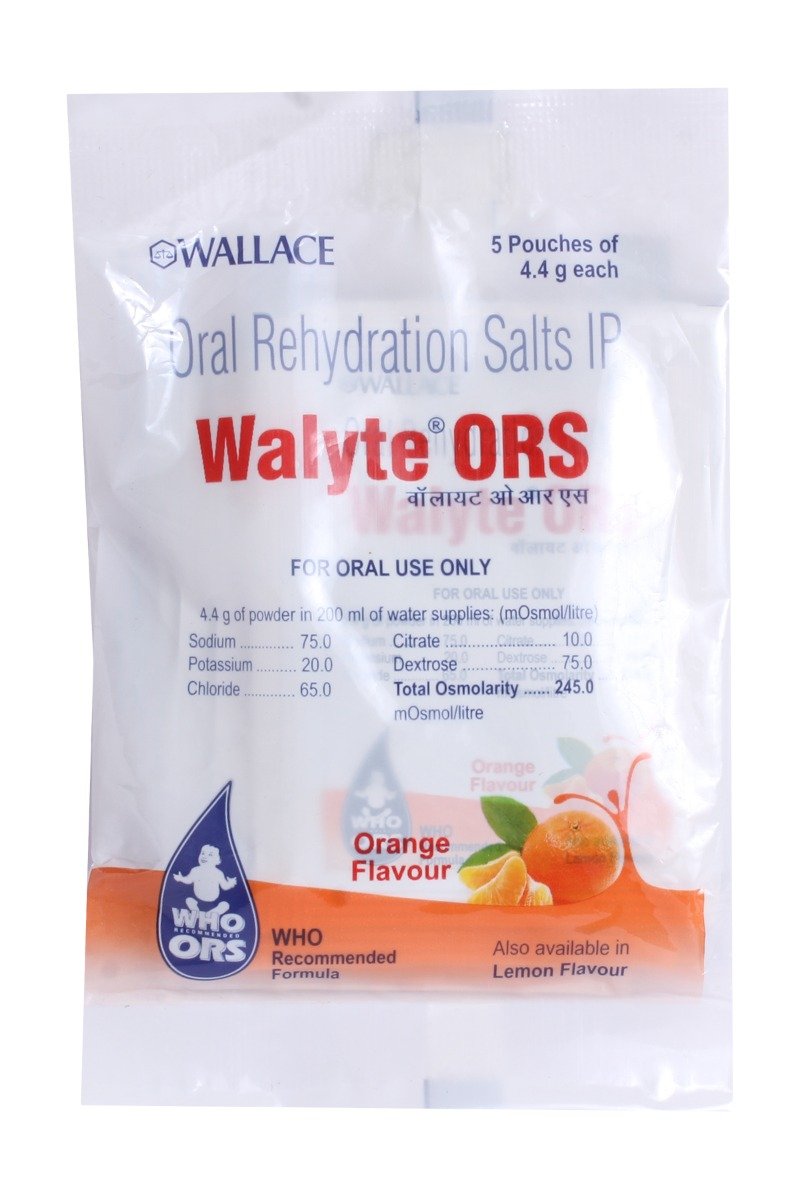Glucosamine Sulfate Potassium Chloride
About Glucosamine Sulfate Potassium Chloride
Glucosamine Sulfate Potassium Chloride is used in the treatment of osteoarthritis. Osteoarthritis is a condition in which the joints are affected. It occurs as a result of the disintegration and breakdown of the cushioning tissue and cartilage surrounding the joints.
Glucosamine Sulfate Potassium Chloride contains Glucosamine Sulfate Potassium Chloride, a chondroprotective agent that alleviates the pain and swelling occurring in joints and muscles by stimulating the production of proteoglycans, a necessary component required to synthesise bone-shielding cartilage.
In some cases, Glucosamine Sulfate Potassium Chloride may cause side effects such as nausea, vomiting, diarrhoea or constipation. Most of these side effects do not require medical attention and will resolve gradually over time. However, you are advised to talk to your physician if these side effects persist or worsen.
Avoid using Glucosamine Sulfate Potassium Chloride if allergic to it. Glucosamine Sulfate Potassium Chloride is not recommended for use in case of shellfish allergy. Take Glucosamine Sulfate Potassium Chloride with caution if you have/had kidney disease, diabetes, asthma or hypertension. Consult your physician if you are pregnant, planning to get pregnant, or breastfeeding.
Uses of Glucosamine Sulfate Potassium Chloride
Medicinal Benefits
- Glucosamine Sulfate Potassium Chloride is used to treat mild to moderate osteoarthritis by improving joint function and reducing pain.
- It contains Glucosamine Sulfate Potassium Chloride, a chondroprotective agent that helps protect and repair cartilage, the cushion between bones in joints.
- Glucosamine Sulfate Potassium Chloride stimulates the production of proteoglycans, essential components for healthy cartilage formation and maintenance.
- It helps slow down cartilage degeneration and supports joint lubrication, improving mobility and flexibility.
- Due to its anti-inflammatory properties, Glucosamine Sulfate Potassium Chloride helps reduce joint swelling, stiffness, and tenderness.
- By promoting cartilage regeneration, it cushions the joints, reducing friction and providing effective pain relief.
- Glucosamine Sulfate Potassium Chloride helps enhance joint strength and comfort, enabling easier movement and better quality of life for individuals with osteoarthritis.
Directions for Use
- Recommended to take Glucosamine Sulfate Potassium Chloride with food to reduce stomach upset.
- Follow your doctor's instructions on the dosage and timing of this medication, to ensure the safety.
- Swallow the medicine as a whole with a glass of water.
- Do not crush, break, or chew it.
Storage
Side Effects of Glucosamine Sulfate Potassium Chloride
- Nausea
- Vomiting
- Diarrhoea
- Constipation
Medicines Containing this Salt
View AllDrug Warnings
- Avoid using Glucosamine Sulfate Potassium Chloride if allergic to any of its components.
- Glucosamine Sulfate Potassium Chloride is not advisable for use in case of a known allergy to shellfish.
- Inform your physician if you have/had kidney disease, diabetes, glaucoma, asthma, high cholesterol, liver or heart problems, or if you are on any blood-thinners, chemotherapy or anti-diabetic medication.
- Consult your doctor if you are pregnant or breastfeeding.
- Talk to your doctor in case you have any surgery or procedure scheduled.
Drug Interactions
Drug-Drug Interactions: Glucosamine Sulfate Potassium Chloride may interact with chemotherapy (doxorubicin), anti-diabetic drugs (Acarbose, Metformin, Pioglitazone, Repaglinide, Rosiglitazone, Glimepiride, Tolbutamide, Troglitazone, Chlorpropamide) and blood-thinners (warfarin, acenocoumarol)
Drug-Food Interactions: Glucosamine Sulfate Potassium Chloride may interact with seaweed/alginic acid.
Drug-Disease Interactions: Inform your physician if you have asthma, glaucoma, diabetes, high cholesterol, hypertension or kidney disease.
Drug-Drug Interactions Checker List:
Safety Advice

Alcohol
consult your doctorNot enough data is available about the effect of alcohol on Glucosamine Sulfate Potassium Chloride. Please consult your physician if you have any concerns.

Pregnancy
cautionNot enough information is available on whether Glucosamine Sulfate Potassium Chloride is safe to use during pregnancy. Glucosamine Sulfate Potassium Chloride is not recommended during the first trimester of pregnancy. Please consult your physician if you have any concerns.

Breast Feeding
cautionNot enough information is available on whether Glucosamine Sulfate Potassium Chloride is safe to use during breastfeeding. Please consult your physician if you have any concerns.

Driving
safeGlucosamine Sulfate Potassium Chloride does not affect your ability to drive.

Liver
cautionGlucosamine Sulfate Potassium Chloride should be used with caution in those with liver disease. Please consult your physician if you have any concerns.

Kidney
cautionGlucosamine Sulfate Potassium Chloride should be used with caution in those with kidney disease. Please consult your physician if you have any concerns.

Children
cautionThe safety and effectiveness of Glucosamine Sulfate Potassium Chloride in children has not been established.
Habit Forming
Diet & Lifestyle Advise
- Load up on fatty fish, garlic, ginger, broccoli, nuts, berries and green leafy vegetables to promote bone growth and strength.
- De-stress yourself by meditating, reading books, taking a warm bubble bath or listening to soothing music.
- Acupuncture, massage and physical therapy may also be helpful.
- Eat food rich in antioxidants such as berries, spinach, kidney beans, dark chocolate, etc.
- Foods containing flavonoids help in reducing inflammation. These include soy, berries, broccoli, grapes and green tea.
- Avoid smoking and alcohol consumption.
Patients Concern
Disease/Condition Glossary
Osteoarthritis: Osteoarthritis is the most common type of arthritis. It occurs due to the breakdown of the cartilage that cushions and protects the bones. The disease progresses gradually and tends to worsen if not treated. Symptoms include joint pain in the hips, lower back, knees and hands. It is commonly seen in post-menopausal women.
FAQs
Glucosamine Sulfate Potassium Chloride belongs to the group of proteoglycan synthesis stimulators primarily used in the treatment of osteoarthritis.
Glucosamine Sulfate Potassium Chloride works by enhancing the production of bone-protecting cartilage and relieving inflammation and pain.
Not enough data exists to explain the effect of Glucosamine Sulfate Potassium Chloride on fertility. Consult your doctor before use.
In case you miss a dose of Glucosamine Sulfate Potassium Chloride, take it as soon as possible. However, if it is too close to the next dose, revert to the original schedule.
Glucosamine Sulfate Potassium Chloride may cause side effects such as nausea, vomiting, diarrhoea and constipation. If these side effects persist or worsen, please consult your doctor.
The evidence on the effectiveness of Glucosamine Sulfate Potassium Chloride in reducing pain is conflicting. According to some patients, Glucosamine Sulfate Potassium Chloride helps to reduce arthritis stiffness, pain, and mild to moderate osteoarthritis pain. Indeed, there is some evidence that Glucosamine Sulfate Potassium Chloride slows down the cartilage breakdown in the joints and thus has beneficial effects on the cartilage.
In research studies, Glucosamine Sulfate Potassium Chloride has not been found to increase the liver enzymes or cause any damage. However, there are few recent reports of liver injury while using the products containing Glucosamine Sulfate Potassium Chloride. The risk of liver injury is more in patient with chronic liver disease.
The effect of Glucosamine Sulfate Potassium Chloride on kidneys is not confirmed. The liver metabolizes and breaks down Glucosamine Sulfate Potassium Chloride mostly. However, there are some reports of kidney damage caused by Glucosamine Sulfate Potassium Chloride, although there is no conclusive evidence. Therefore, patients with kidney damage should use Glucosamine Sulfate Potassium Chloride with caution and kidney function should be monitored regularly. Consult your doctor before taking Glucosamine Sulfate Potassium Chloride. Also, let your doctor know if you have any kidney disease.
Before you start taking Glucosamine Sulfate Potassium Chloride, consult your doctor and be cautious if you have high blood glucose levels, diabetes, asthma or high risk of heart disease. Additionally, if you are allergic to shellfish or are taking blood-thinners such as warfarin, you should be careful. If you have any of the above conditions, inform your doctor before taking Glucosamine Sulfate Potassium Chloride.
No, it is not safe to take Glucosamine Sulfate Potassium Chloride while taking blood-thinners such as warfarin or Coumadin as it increases the effect of the blood-thinners, thereby reducing the ability of blood to form a clot in case of bleeding episodes. Therefore, if you are taking any blood-thinners or other medicines, consult your doctor before taking Glucosamine Sulfate Potassium Chloride to avoid drug interactions.
No, Glucosamine Sulfate Potassium Chloride is not a steroid.
Glucosamine Sulfate Potassium Chloride is safe if used in the dose and duration recommended by your doctor. Take it exactly as advised and do not miss any dose. Follow your doctor's instructions carefully and if any of the side effects bother you, inform your doctor.
Yes, Glucosamine Sulfate Potassium Chloride improves conditions associated with joints.
Glucosamine Sulfate Potassium Chloride should be taken as recommended by the doctor.
Glucosamine Sulfate Potassium Chloride should be used with caution in patients with liver disease. Therefore, if you have any liver problems, inform your doctor before taking Glucosamine Sulfate Potassium Chloride.
You are recommended to use Glucosamine Sulfate Potassium Chloride for as long as your doctor has advised it. The duration depends on several factors such as patient’s health, severity of the disease, and other external factors. If you experience any difficulty while using Glucosamine Sulfate Potassium Chloride, please consult your doctor.
